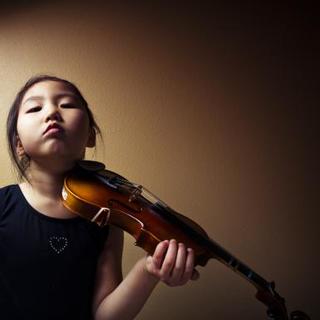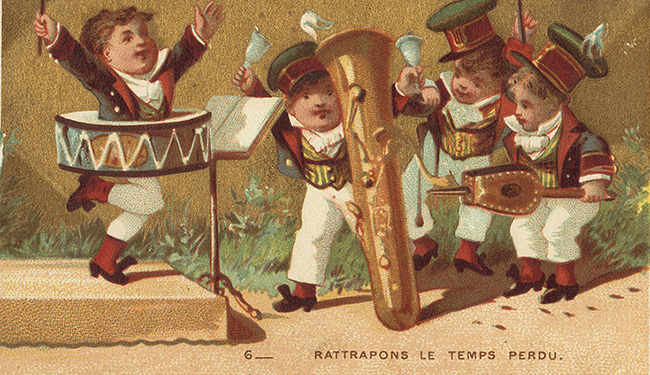The Sound Factory Music School
Simple, but profound, and this concept of valuing incremental progress finds its way into all walks of life, beyond music. If you exercise, you will gain strength. If you clean, your environment will become more pleasant. If you communicate, your projects will go more smoothly. If you are thoughtful and loving in your relationships, they will strengthen. Even if all you do is fifteen minutes per day.
Developing the habit of regular practice on your instrument is the most important factor in how you will improve over time. What practice means, though, varies between different people. This is a dangerous fact to drop, but I have known several world-class artists, playing in the world’s finest orchestras and with GRAMMY awards on their bookshelves, who have admitted to me that they seldom practice, in the traditional sense. No endless scales, no method books, no tedious drills. However, they do rehearse several times a week, if not every day. So, they are getting the hours in a their instruments. And I suspect at the beginning of their careers, or as children, they did put in some time developing technique. Building the initial momentum is the hardest part, so here are a few tips for getting the ball rolling.
0 Comments
New studies on the cognitive advantages of learning instruments at early ages Several times a week, a group of at-risk youth in Los Angeles reports to makeshift music rooms at Alexandria Elementary School near Koreatown for lessons in violin or cello or bass—and to Saturday ensemble programs where they learn to play with bands and orchestras. As the students study their instruments, researchers study the students’ brains. The children, who devote at least five hours per week to their music, are participants in the award-winning non-profit Harmony Project, which provides free instruments and instruction to kids in underserved areas of the city if they promise to stay in school. The scientists, who hail from Northwestern University’s Auditory Neuroscience Laboratory, travel from Evanston, Illinois to a satellite lab in Hollywood for a few weeks each year to examine the impact of the music lessons on the children’s language and cognitive skills. What they are finding, according to Dr. Nina Kraus, a professor and neuroscientist at Northwestern and lead researcher of the study, is that music instruction not only improves children’s communication skills, attention, and memory, but that it may even close the academic gap between rich and poor students. Kraus reported these results in a National Endowment of the Arts-sponsored webinar in July. When Plato said that music gives “wings to the mind,” he might have been onto something. Recent studies increasingly point to the power of music to shape the brain and boost its functioning. Read the whole article
|
studio |
|



 RSS Feed
RSS Feed